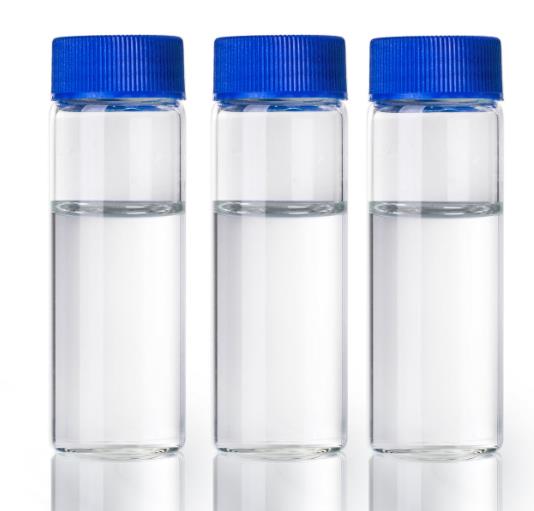Food Additives refers to a kind of natural or artificially synthetic chemicals which can improve the sensory properties (color, smell, taste) of food and food quality. To the adult foods, we can add some additives according to the China's health standards. However, the food additives should be strictly controlled to be applied to infant foods. Infant body has a relative weak detoxification mechanisms or protection mechanisms, being likely to cause the accumulation of large quantities of chemical substances. The World Health Organization and many countries have specified that food additives are not allowed to be supplemented to the infant food. Children's food should also be limited from using of food additives such as saccharin, colorings and flavors. Especially, for the food of baby of less than 12-week-old such as infant formula and cereal products, they should be completely free of food additives. Classification of the food additives: Food additives can be divided into two categories including natural food additives and synthetic food additives. Natural food additive is obtained through using animal and plant or microbial metabolites as raw materials and further extraction. Chemical synthetic additives are obtained through de novo synthesis using chemical substances as raw materials. According to the usage purpose and the nature of chemicals, food additives can be divided into various categories, namely: (1) acid, alkali, salt; (2) bulking agent; (3) antioxidant and synergist; (4) the carrier solvent ; (5) edible pigment; (6) emulsifier, stabilizer and thickener; (7) enzyme preparation for food processing; (8) antifoaming agent; (9) the flavorant (10) bleaching agent; (11) color former; (12) quality improver; (13) sweetener; (14) preservative; (15) sour agent; (16) anti-caking agent; (17) coagulant and
Theobromine: the Benefits and side effects
Theobromine is abundant in methylxanthine, which is present in nature and is part of a group of compounds, alkaloids. This bioactive molecule could be found in functional foods like cacao, guaraná, an
Dec 24,2024 Food AdditivesExploring ε-Caprolactone: A Versatile Monomer for the Chemical Industry
ε-Caprolactone, a pivotal chemical in the realm of polymer science, is increasingly gaining attention for its broad utility and unique properties.
Nov 5,2024 Food AdditivesCholine bitartrate: a useful choline supplement
Choline supplementation normalized cholesterol metabolism, which was sufficient to prevent nonalcoholic steatohepatitis development and improve liver function.
Nov 2,2024 Food AdditivesDo you know what pyridoxine hydrochloride is used for?
Pyridoxine hydrochloride is a type of vitamin B6, a water-soluble vitamin. Yeast, liver, oysters, meat, fish, eggs, beans and peanuts contain high levels of vitamin B6.
Nov 2,2024 Food AdditivesSodium Caseinate: Applications in Food Industry and its Production Method
Sodium caseinate (historically called nutrose) is a very efficient emulsifier, it has a wide variety of uses, from being a major component of cheese, to use as a food additive.
Nov 1,2024 Food AdditivesStevioside Basic Information: An Insight for Professionals in Chemistry
Stevioside is a compound extracted from stevia leaves, it possesses excellent antidiabetic activity in preclinical studies.
Oct 24,2024 Food AdditivesTaurine: A Versatile Sulfonic Amino Acid with Therapeutic Potential Against Oxidative Stress
Taurine, a sulfonic amino acid, regulates homeostasis, supports varied physiological functions, and shows therapeutic promise across diabetes, cancer, and inflammatory disorders.
Oct 23,2024 Food AdditivesThe benefits of sodium fluoride toothpaste. And is it safe?
Fluoridated toothpaste is made by adding sodium fluoride monofluorophosphate, stannous fluoride, and other fluoride compounds in toothpaste.
Oct 17,2024 Food AdditivesPalmitic acid: Sources and Biological Function
Palmitic acid is the most common saturated fatty acid found in the human body. It can be obtained through diet or synthesized endogenously from other fatty acids, carbohydrates, and amino acids.
Oct 11,2024 Food AdditivesWhy can 7-Keto-dehydroepiandrosterone be used for weight loss?
7-Keto-dehydroepiandrosterone (7-keto-DHEA) is a by-product of dehydroepiandrosterone (DHEA), a chemical formed in the body.
Oct 9,2024 Food Additives












